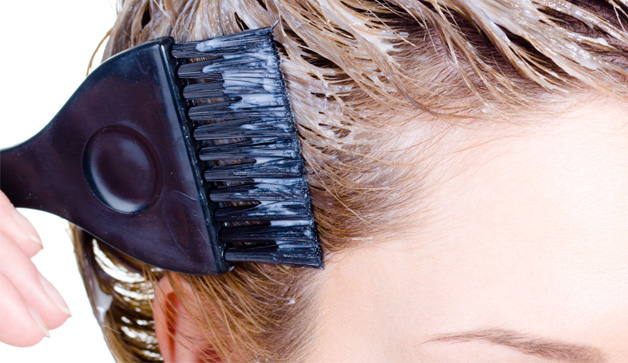
Under federal law, cosmetics companies don’t have to disclose chemicals or gain approval for the 2,000 products that go on the market every year. And removing a cosmetic from sale takes a battle in federal court.
The Food, Drug and Cosmetic Act, enacted in 1938, doesn’t require FDA approval before a beauty product is sold to the public or give the agency authority to recall a harmful product, according to Michael Landa, director of the FDA’s Food Safety and Applied Nutrition branch, who testified at a congressional subcommittee earlier this year.
Protected by Burden of Proof
Unlike drugs and medical devices, cosmetics are not subject to pre-market approval or notification. A manufacturer may use any ingredient provided it doesn’t adulterate the product and it is properly labeled – except for 10 types of ingredients, including chloroform, methylene chlorine and mercury, according to FDA regulations.
Under the Food, Drug and Cosmetic Act, the FDA doesn’t have recall authority; instead it must start enforcement proceedings in federal court to prove harm, according to FDA’s Landa in his congressional testimony in March.
Joseph H. Guth, a lawyer and biochemist at University of California, Berkeley, said the cosmetics industry “is insulated behind the burden of proof” required under the law.
Guth said the burden of proof should shift to the manufacturers to present testing information before products go on the market instead of making the government prove harm to get them off the market.







